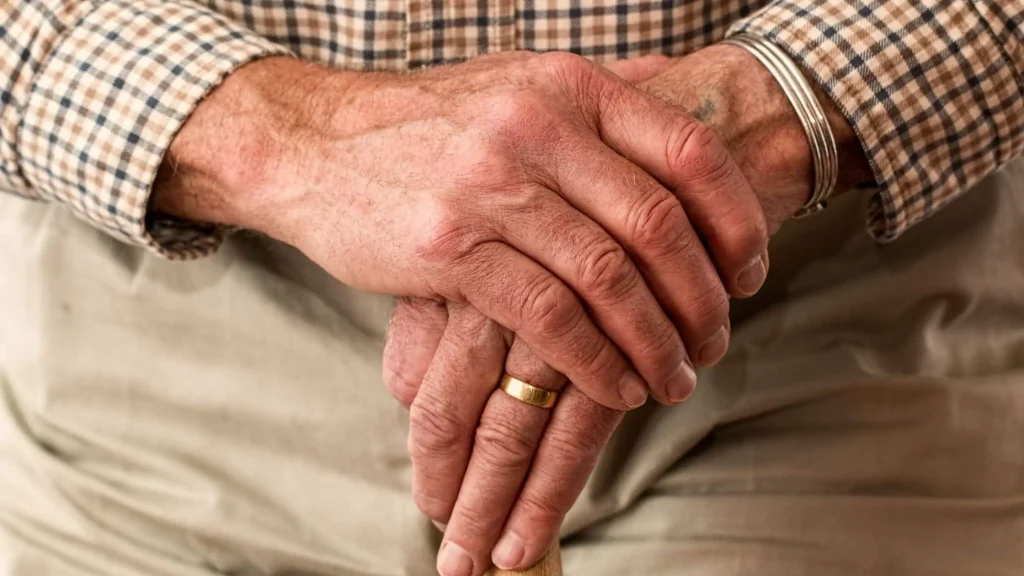“Croatian pensions are low and at a time of growing inflation they become even lower, which requires action. The government is late with responding, it first capped fuel prices for two months, which was insufficient, and now it has to cap them again at a higher amount,” the SDP leader told a news conference.
Long and short-term measures for pensioners
Other countries introduced measures to alleviate the inflationary effects of euro adoption a year before adopting the euro, while in Croatia a bill on euro adoption is still under public consultation, Grbin said.
“We cannot expect its entry into force before April, and neither can we expect before that date measures that should cushion the inflationary blow to citizens,” he said, proposing two measures to help pensioners.
One is a long-term measure envisaging a change of the model of adjusting pensions to wage and inflation growth, and the other is a short-term measure in the form of an inflation bonus.
SDP MP Branko Grčić said the current adjustment of pensions did not follow wage growth. Five years ago, when the incumbent government took over, the average pension accounted for around 40% of the average wage while now it accounts for less than 37%, he said.
Grčić said that if inflation growth was higher than the growth of wages, pensions should be adjusted 100% to the inflation rate, and if the wage growth was higher, pensions should be adjusted to the wage growth rate.
Average pension could drop below 30% of average wage
Had this model been used over the past five years, the average pension, which now amounts to HRK 2,645, would have been HRK 200 higher, Grčić said, warning that if the current model of pension indexation was not changed, the average pension would fall below 30% of the average wage in the next 10-15 years.
SDP MP Boris Lalovac believes that the parliament can introduce the inflation bonus already this month so that pensioners can receive it in April.
“The government has said it will give a HRK 200 bonus only to pensioners with guaranteed minimum allowances, and there are around 60,000 such pensioners. We believe that the scheme should be expanded… to cover around 850,000 pensioners whose pension allowance is below HRK 4,000, which would cost up to HRK 700 million,” said Lalovac.
The SDP proposes that pensioners whose allowance is below HRK 1,500 should receive a one-off bonus in the amount of HRK 1,200, those whose pension amounts to HRK 1,500-2,000 should get a HRK 1,000 bonus, those with pensions ranging from HRK 2,000 to 3,000 should receive a HRK 600 bonus, and those with pensions ranging from HRK 3,000 to 4,000 a bonus of HRK 400.
Lalovac said that the state budget was the biggest winner at a time of inflation growth, which was why there should be no problems in securing funds for the inflation bonus for pensioners.
Everything supposed to be creative turns into corruption in Croatia
Grbin also commented on a scandal involving the falsification of the motif on the national side of the €1 coin, saying that “everything that is supposed to be creative turns into corruption in Croatia.”
If the process of selecting the best designs for the national sides of euro coins had been conducted by professionals, if the profession had been consulted, this whole affair would not have happened, Grbin said, adding that not only the central bank but the government, too, was responsible, as it was quite late with the process of euro introduction.
Grbin believes the call for applications for the design of the national sides of euro coins should be repeated despite the lack of time.








